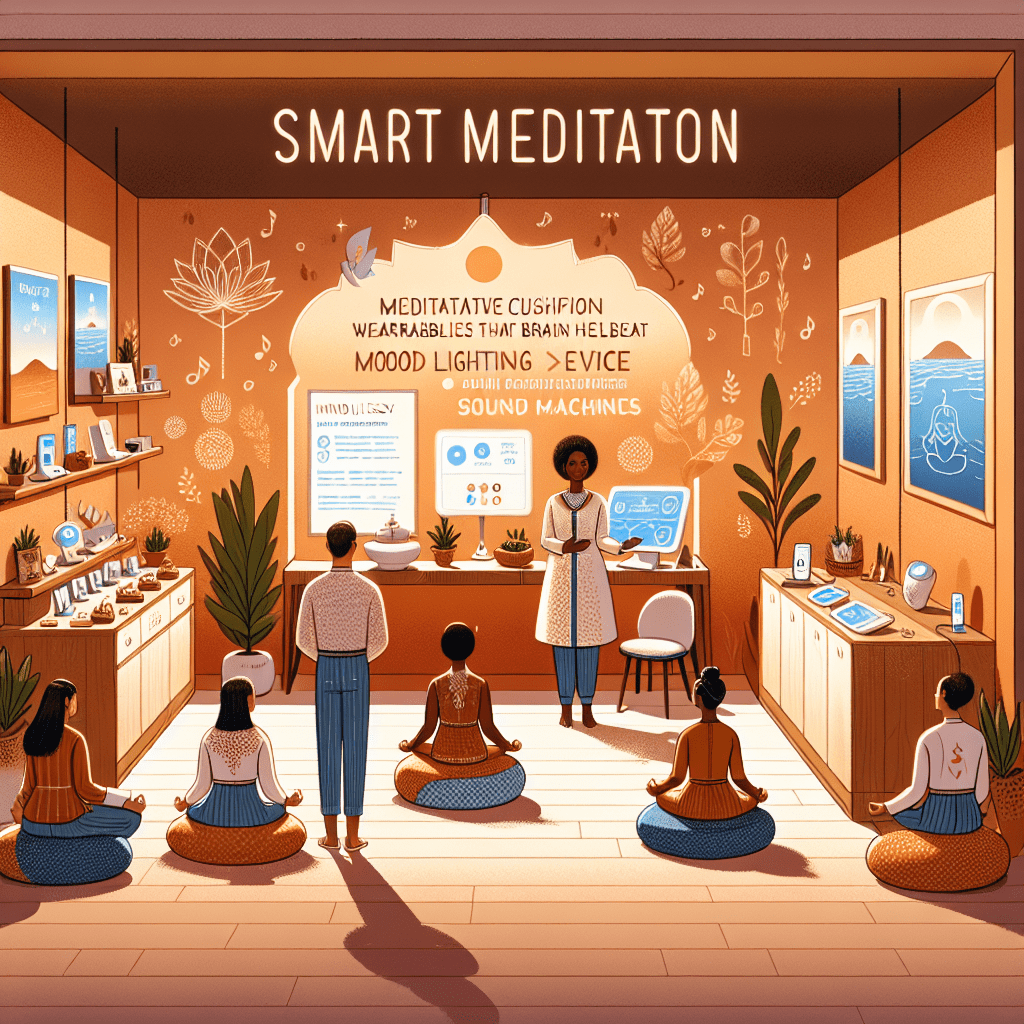
Prioritize your mental well-being daily. Enhance your life by nurturing your mental health with the Smart Meditation app. Break free from stress, alleviate anxiety, and enhance your sleep quality starting today.
Is Anxiety A Mood Disorder?
Unraveling the Enigma: Is Anxiety A Mood Disorder?
When it comes to mental health, throwing around terms willy-nilly is about as helpful as a screen door on a submarine. But, hey, we’ve all been there. One minute you’re fine, and the next, you’re more anxious than a long-tailed cat in a room full of rocking chairs. So, it begs the question: is anxiety a mood disorder? Or, is it more like that distant cousin who shows up uninvited to family gatherings? Let’s dive deep and unravel this enigma.
The Crossroad of Anxiety and Mood Disorders
First off, let’s get our facts straight—no beating around the bush here. Anxiety, with its heart-pounding, sweat-inducing glory, is technically not classified under mood disorders. Instead, it’s considered a part of a separate group called anxiety disorders. These include your garden-variety pals like Generalized Anxiety Disorder (GAD), Panic Disorder, and a host of others.
“But wait,” you might interject, “doesn’t anxiety affect my mood?” You’d be hitting the nail on the head. Anxiety and mood disorders often waltz hand-in-hand, so much so that it can feel like splitting hairs trying to differentiate them. Here’s the lowdown:
-
Anxiety Disorders: The main act here involves excessive worry, fear, or anxiety in situations where most folks would be singing “Don’t Worry, Be Happy.” It’s like your brain’s stuck on the “panic” channel and lost the remote.
-
Mood Disorders: These disorders, featuring major players like Depression and Bipolar Disorder, primarily affect your emotional state. It’s less about the anxiety and more about feeling like you’re riding an emotional rollercoaster without a seatbelt.
Frenemies: Anxiety and Mood Disorders
Despite not sharing the same classification, anxiety and mood disorders could win awards for the “Most Likely to Be Seen Together.” It’s not unusual for someone with a mood disorder to have a side order of anxiety or vice versa. Here’s why they’re such tight-knit frenemies:
-
Overlapping symptoms: Both can lead to sleepless nights, extreme fatigue, or trouble concentrating. It’s like they’re brewing from the same pot of mischief.
-
The Chicken or the Egg Dilemma: Trying to figure out which came first can be as puzzling as a Rubik’s Cube. Did anxiety trigger the mood disorder, or was it the other way around? Research is ongoing, but it’s clear they influence each other.
-
Treatment Tango: What’s intriguing is that treatments often overlap. Whether it’s medication, therapy, or lifestyle changes, what soothes one can often ease the other. It seems they’re not so different when it comes to finding a solution.
So, What’s the Verdict?
Despite the closeness of anxiety and mood disorders, they’re not the same. However, recognizing the interplay between the two is crucial for anyone looking to steer their mental health ship through stormy waters. Understanding where one’s symptoms lie can be a game-changer in seeking the right treatment and support.
In essence, while anxiety may not officially be a mood disorder, it’s as intertwined with them as spaghetti and meatballs. So, if you find yourself tangled in the web of anxiety or mood disturbances, remember, reaching out for help is a sign of strength, not weakness. Because, at the end of the day, navigating the tumultuous seas of mental health is easier when you’ve got a compass pointing towards understanding and support.





